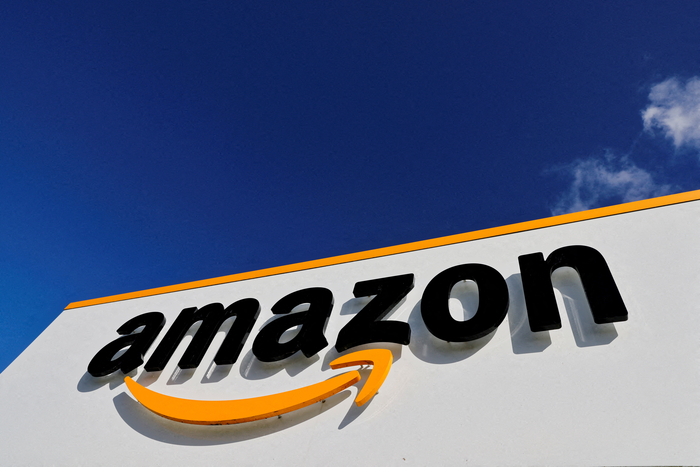Amazon Japan Faces Antitrust Investigation Over Pricing Practices
Amazon Japan’s antitrust investigation raises crucial questions about pricing pressures and fair competition in the evolving e-commerce landscape.

Key Points
- The Japan Fair Trade Commission
is investigating
Amazon Japanfor allegedly pressuring sellers to lower prices for better product placement.
- This marks the third scrutiny of Amazon Japan, reflecting ongoing global concerns about antitrust behaviors in the e-commerce sector.
- Outcomes from this investigation could reshape competitive practices and market dynamics for both Amazon and smaller vendors in the industry.
In recent weeks, Amazon Japan has found itself in the spotlight as the Japan Fair Trade Commission (JFTC) conducts an on-site inspection, raising questions about anti-monopoly law violations. This investigation is part of a broader scrutiny surrounding how Amazon operates within Japan’s competitive e-commerce landscape. With allegations of exerting excessive pressure on sellers to lower their prices, the implications of this investigation extend beyond Japan, echoing similar concerns from regulators across the globe.
Understanding the Allegations
The JFTC is exploring allegations that Amazon Japan is unlawfully compelling sellers to offer lower prices in exchange for favorable product placement on its platform, particularly within its Buy Box feature. This Buy Box is a coveted position that significantly increases a product's visibility, making it a key element for sellers vying for customer attention.

According to reports, sellers have been pressured to slant their pricing strategies unnaturally low to secure this prime digital real estate. There is a strong sense among merchants that the ability to attain the Buy Box is crucial for driving sales. For many, securing this position is akin to winning a competitive race, and the stakes appear to be higher than ever.
Recurring Themes in Regulatory Action
This is not the first time Amazon Japan has faced scrutiny; it marks the third investigation into the company since it was previously raided in 2016 and 2018 for similar anti-competitive behaviors. During earlier inspections, the focus included allegations of forcing suppliers to bear costs tied to product discounts and leveraging its dominant market position to manipulate seller participation on its site.
These persistent concerns point to a potential pattern of behavior that regulators across various regions, including the United States and the
, have similarly identified. For example, Amazon has recently settled investigations in the EU and the UK by agreeing to implement more transparent and fair practices regarding its Buy Box allocations.
Global Implications of the Investigation
Moreover, Amazon's challenges in Japan are reflective of a larger trend influencing how tech giants operate on a global scale. As e-commerce continues to flourish, so too does the scrutiny by regulatory bodies seeking to ensure fair competition. The increasing prevalence of antitrust investigations, particularly against dominant players like Amazon, underscores a growing caution among governments about preserving competitive market dynamics.
A Call for Transparency and Fair Practices
While Amazon Japan has publicly committed to working with the JFTC during this investigation, stakeholders are eagerly anticipating the outcomes of this probe. The challenge lies in balancing competitive pricing with fair market practices—a delicate dance that many e-commerce platforms will need to navigate moving forward.
As the global market for online shopping continues to grow, ensuring that sellers can operate on a level playing field while also facing fierce competition from the platform itself becomes essential. Regulators aim to protect consumers from inflated prices resulting from monopolistic behaviors, while also safeguarding the interests of small vendors who may struggle against bigger players.
Looking Ahead
In a landscape where Amazon commands over 28% of Japan’s online shopping market, it's evident that the outcomes of this investigation could set critical precedents for business operations moving forward. Should the JFTC conclude that Amazon’s practices infringe upon antitrust laws, it will not only impact the company but also reshape market strategies across the e-commerce sector.
Ultimately, this ongoing investigation serves as a reminder of the fragile balance between innovation and market manipulation. By fostering fair competition, regulators can ensure that consumers continue to benefit from diverse product offerings and competitive pricing, while also supporting the vitality of small and medium enterprises in the evolving digital marketplace.


